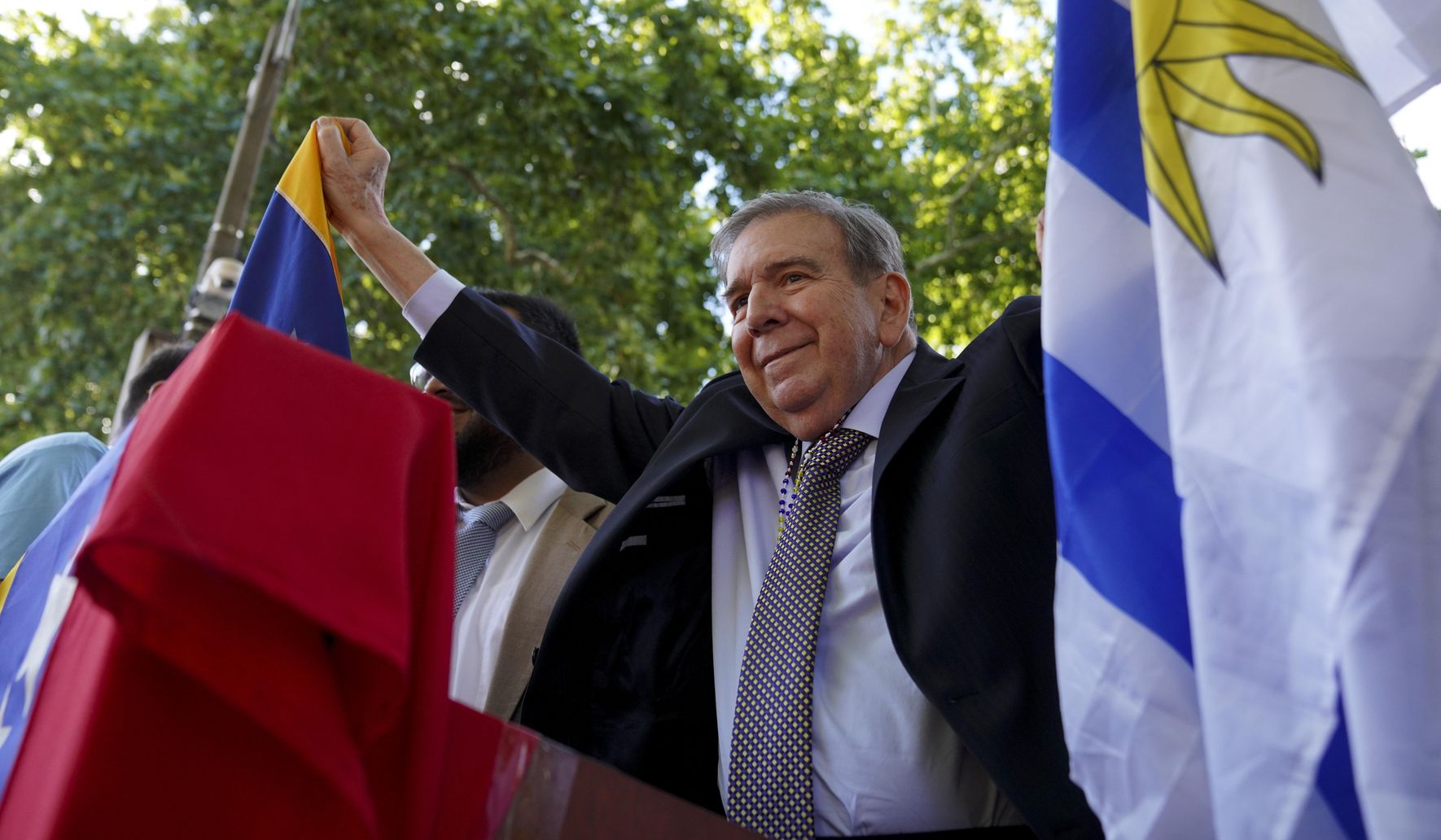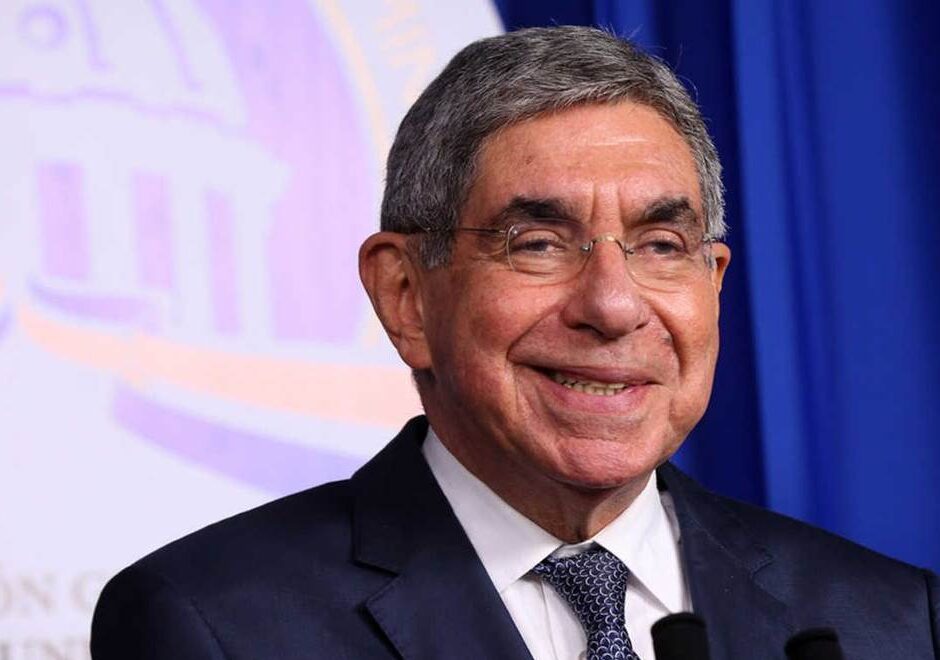Venezuela's Political Turmoil: Tensions Escalate
Venezuelan opposition leader Edmundo González claims electoral victory, raising international concerns as tensions rise before Maduro's inauguration and amid political arrests.
Published January 08, 2025 - 00:01am

Image recovered from washingtontimes.com
The political landscape in Venezuela is fraught with tension as the opposition, led by Edmundo González, claims he truly won the presidency in last year's controversial election. González, a retired diplomat, asserts he defeated incumbent Nicolás Maduro in the disputed July 2024 election. His assertions are supported by the United States and some European governments, which have rejected the official re-election of Maduro, citing electoral irregularities and lack of transparency.
In a climate characterized by political unrest, González has embarked on an international tour to gather support, having already met with U.S. President Joe Biden and visited countries such as Argentina and Uruguay. These diplomatic forays are part of González's strategy to solidify international backing as he positions himself as Venezuela's legitimate leader. The Carter Center, which was involved in observing the election, has verified the opposition's claims regarding the authenticity of tally sheets indicating González's victory.
Tensions have escalated as González's personal and familial security becomes increasingly precarious. Reports indicate González's son-in-law, Rafael Tudares, was allegedly abducted in Caracas by masked men, signaling the harsh tactics employed by Maduro's regime against opposition supporters. This incident exemplifies the vivid atmosphere of fear and intimidation that pervades much of Venezuela's political sphere.
Moreover, González's intention to return to Venezuela and assume office on January 10—a move deemed illegal by Maduro's government—has further exacerbated the situation. The opposition, led by María Corina Machado, a leader in hiding, has called for nationwide protests. Government officials have warned that any attempt by González to return would result in his immediate arrest, labeling him a traitor and alleging connections to foreign intelligence services.
The international community remains attentively concerned as the allegations of electoral fraud and ongoing detentions of foreign nationals and opposition supporters continue to dominate headlines. Over 120 foreign nationals, including Swiss and Israeli citizens, have been reportedly detained under Maduro's orders, accused of conspiring in terrorist plots to destabilize his government. The timing of these arrests, closely following the presidential election, raises questions about political motivations behind the crackdown.
Despite these challenges, González remains defiant. Utilizing social media, he maintains a presence, adamantly declaring his right to lead Venezuela as its president-elect. His stance is fortified by significant support among Venezuelans abroad and backing from influential international players, notably from the U.S. administration. However, his leadership claims lack support from Venezuela's military, which remains a decisive factor in the struggle for power.
The specter of further unrest looms large as the official date for Maduro's inauguration approaches. With both sides preparing for potentially defining confrontations, the state of political affairs in Venezuela stands as a testament to the deeply entrenched divisions within the nation. Observers and analysts worldwide continue to emphasize the importance of diplomatic resolutions to avert exacerbating the human and political costs of this ongoing crisis.
As Venezuela navigates through uncertainty, the implications of this political turmoil reverberate far beyond its borders. They bring into focus broader discussions about electoral legitimacy, human rights, and the role of international mediation in conflict resolution. The international community waits with bated breath as events unfold, hopeful for a peaceful and democratic resolution in a country yearning for stability and justice.






